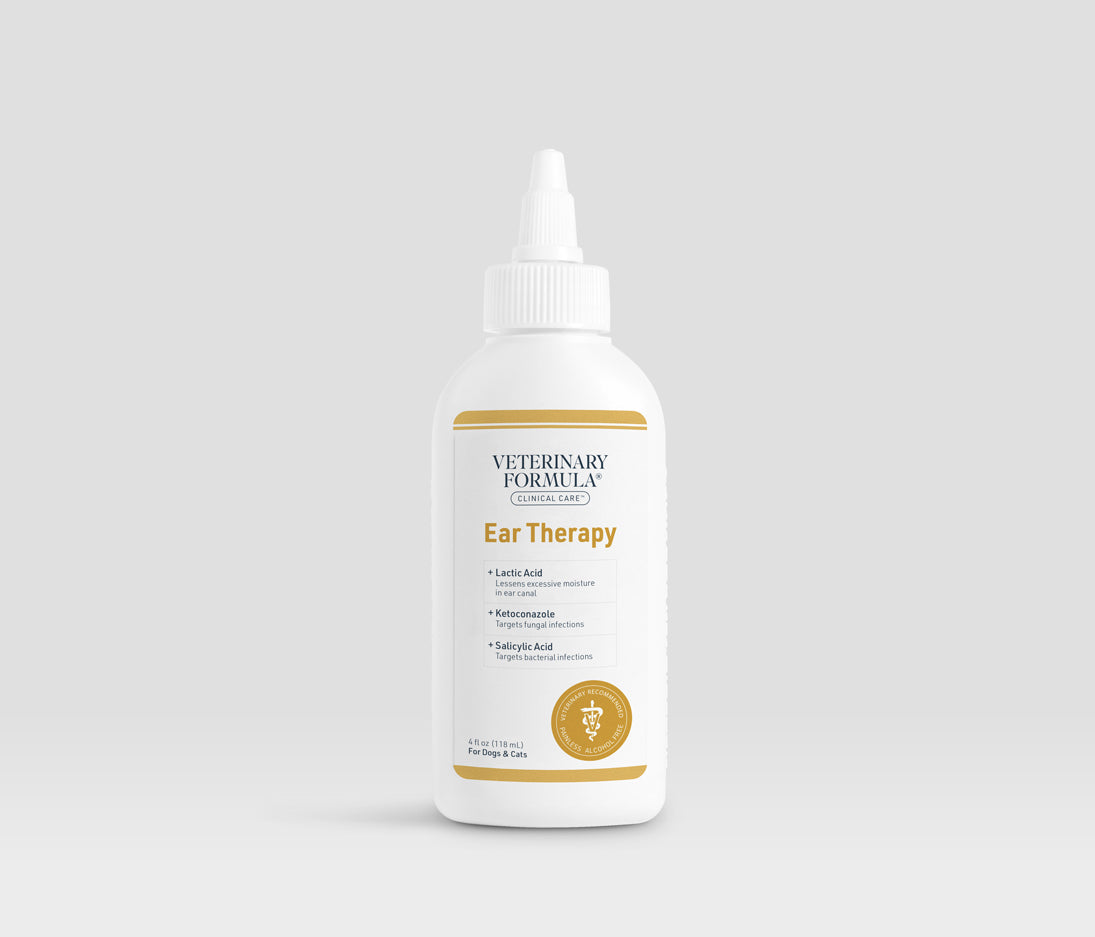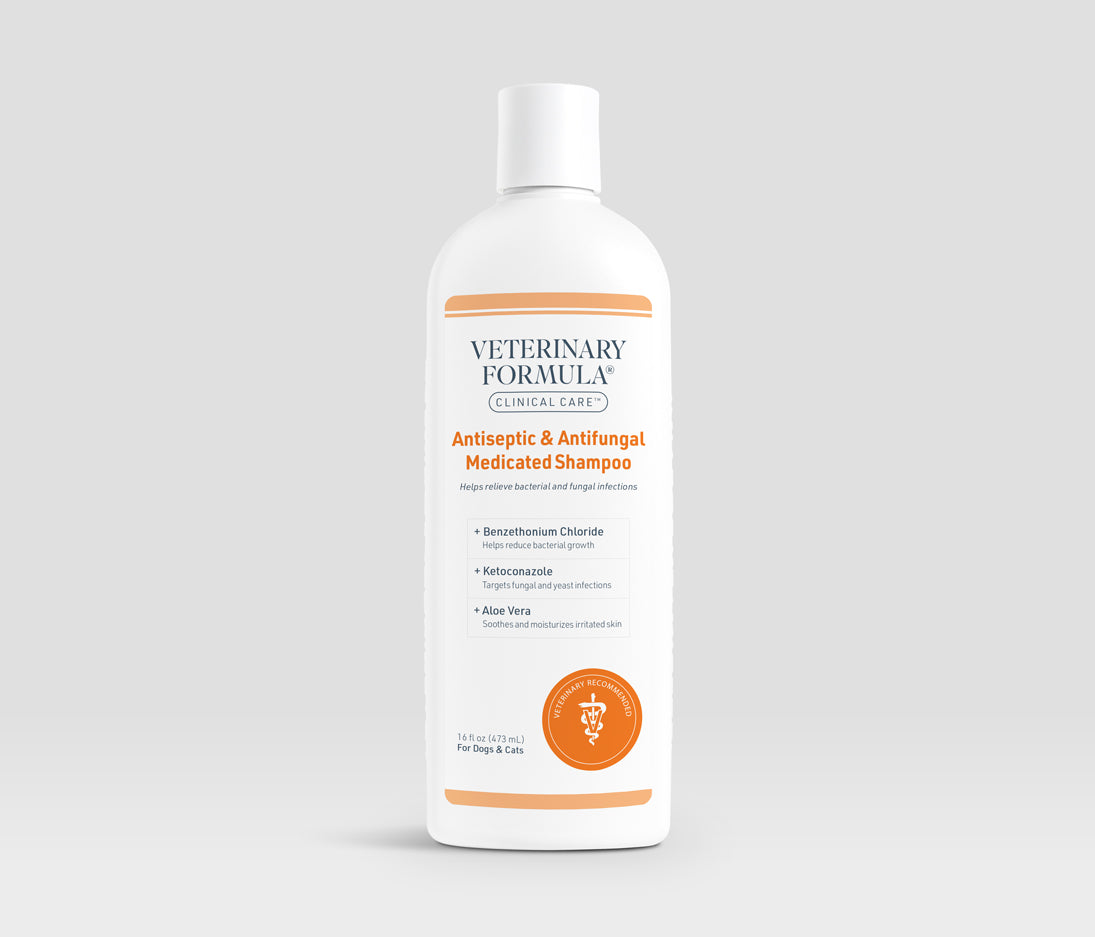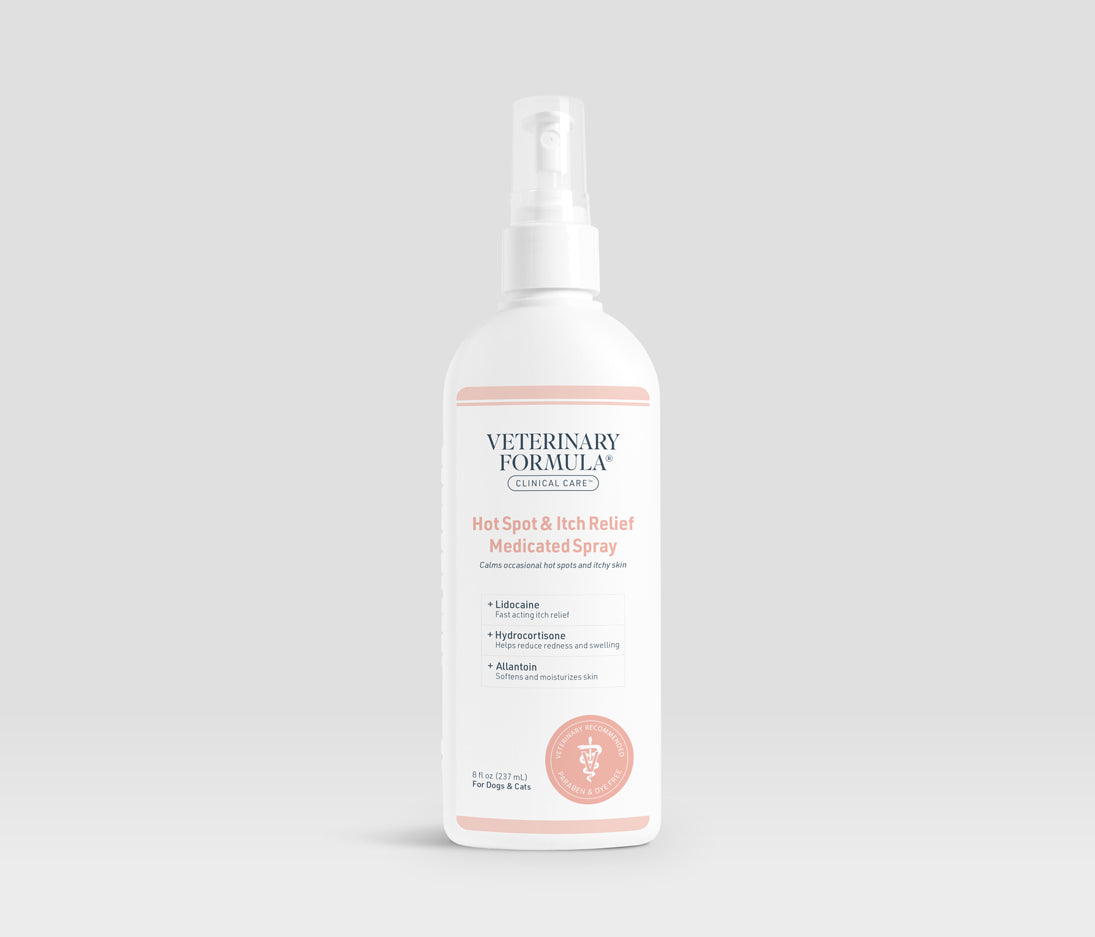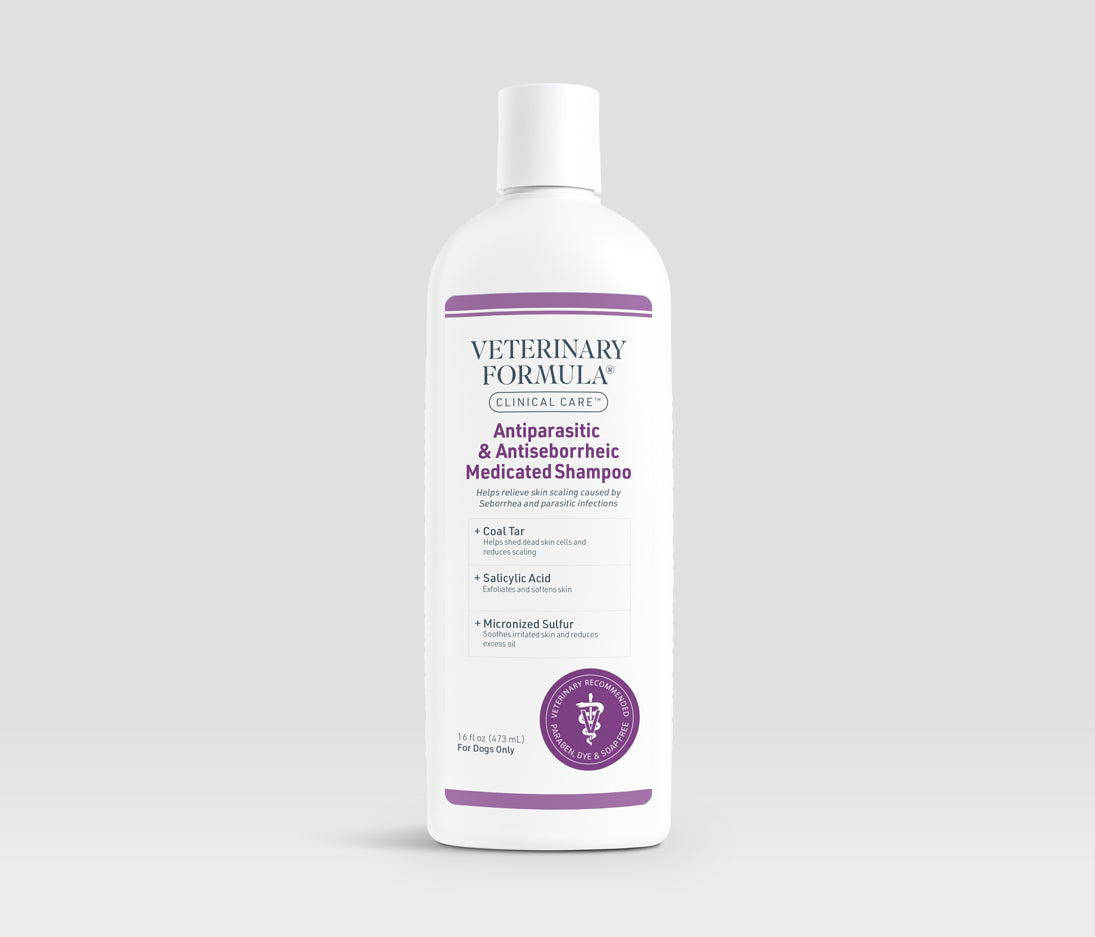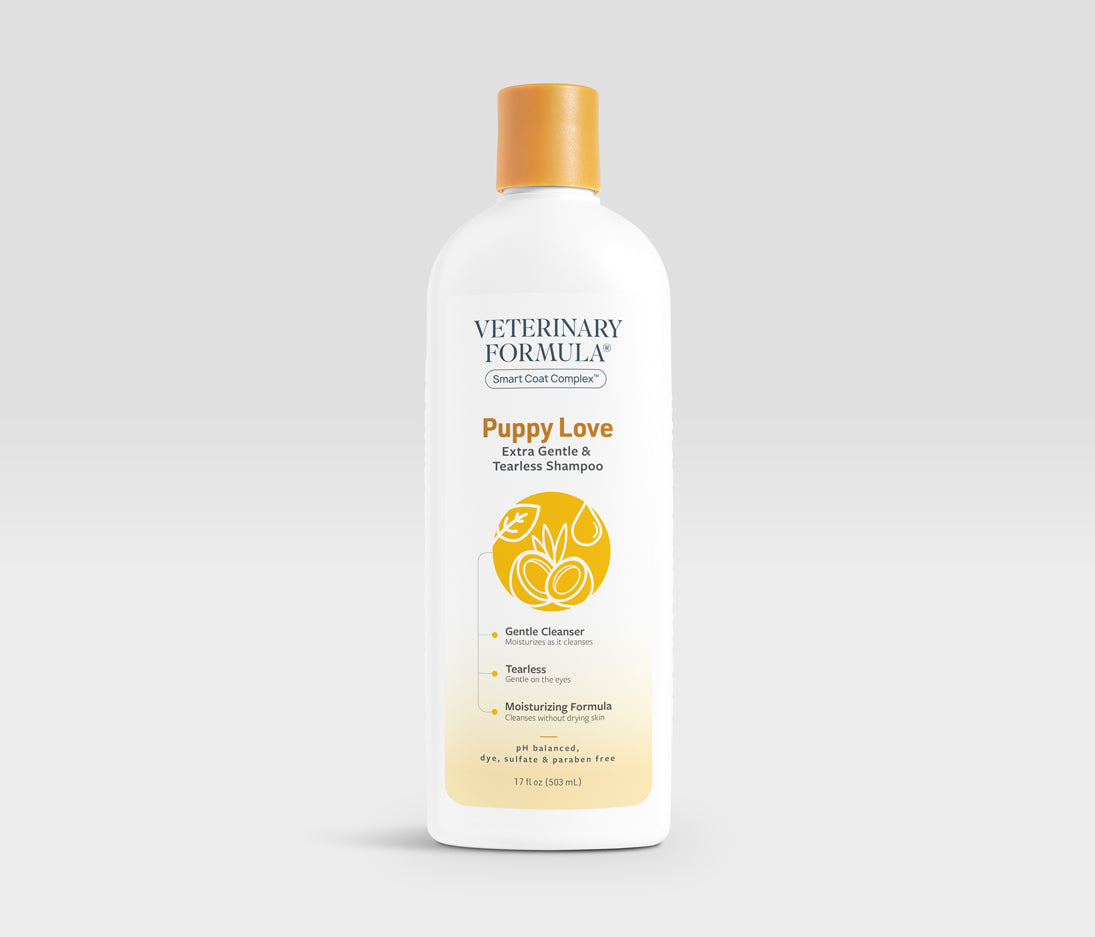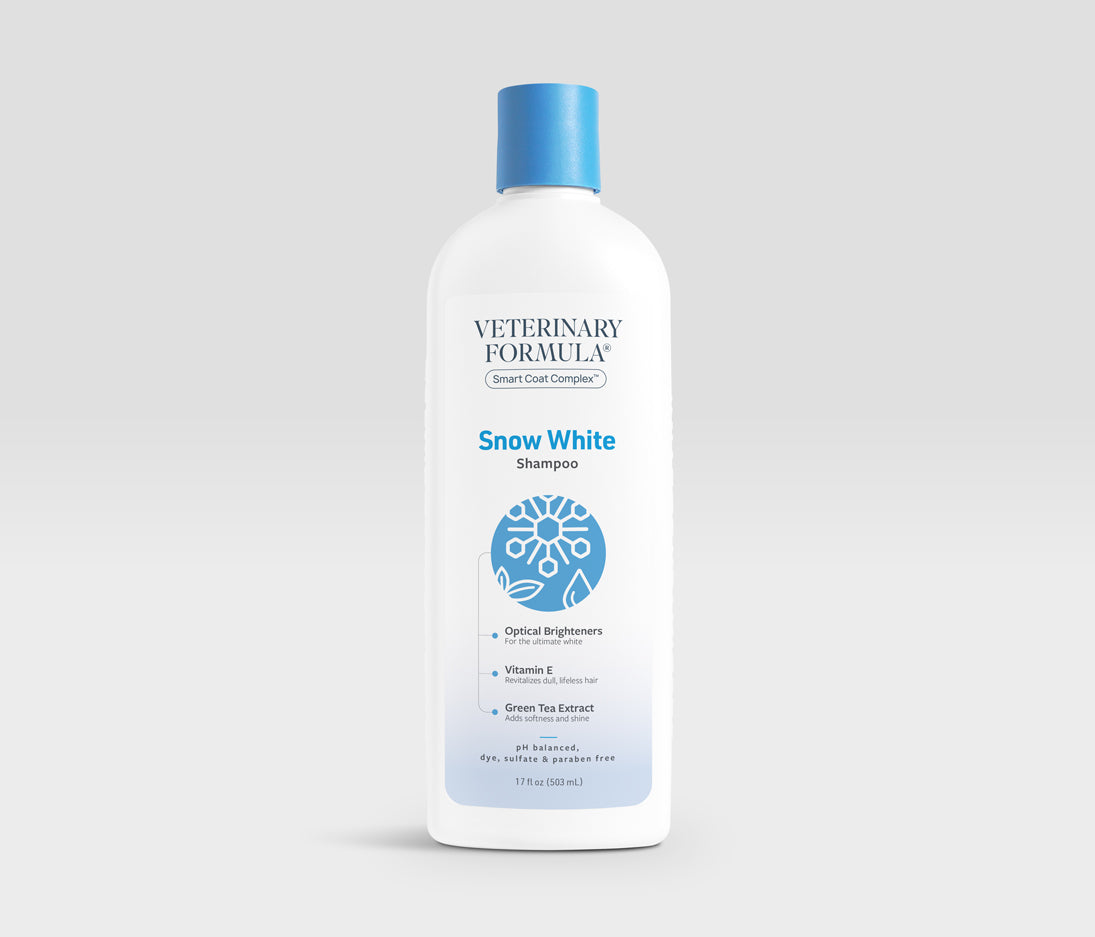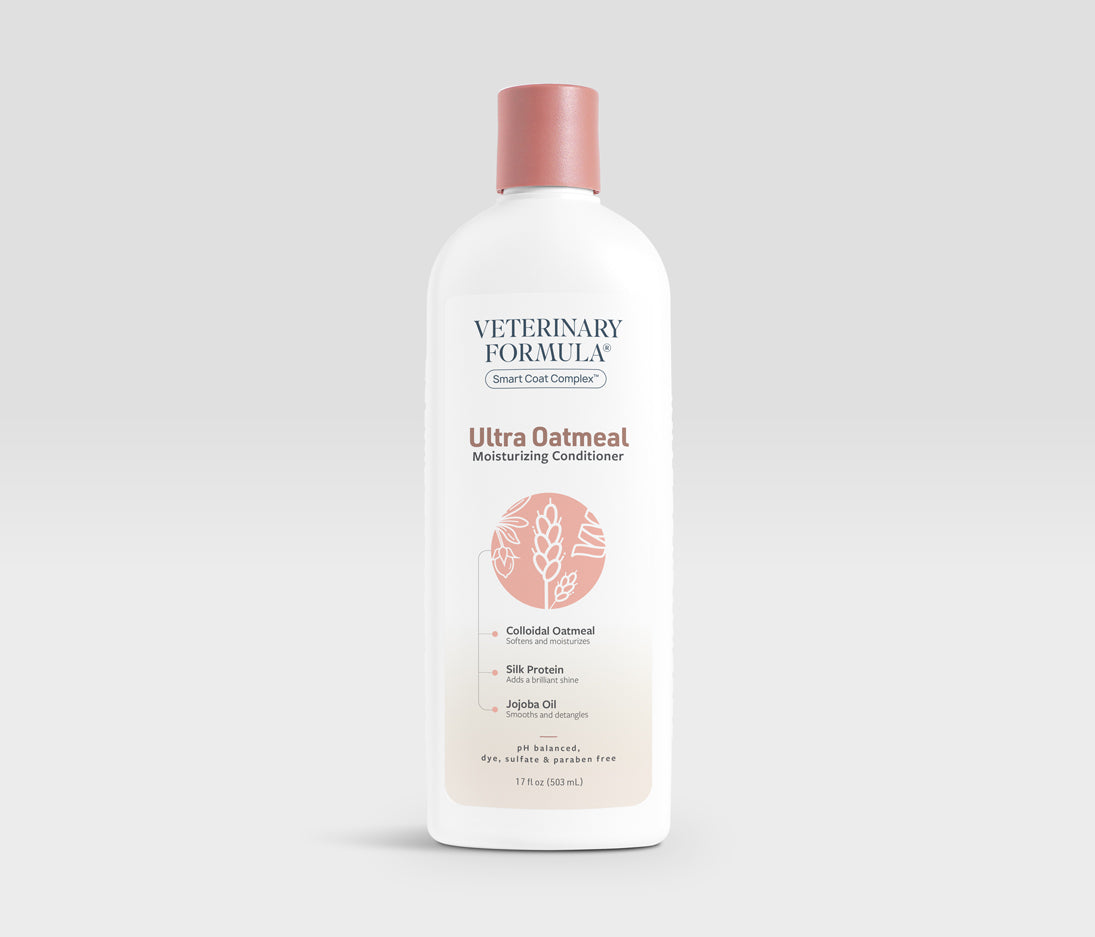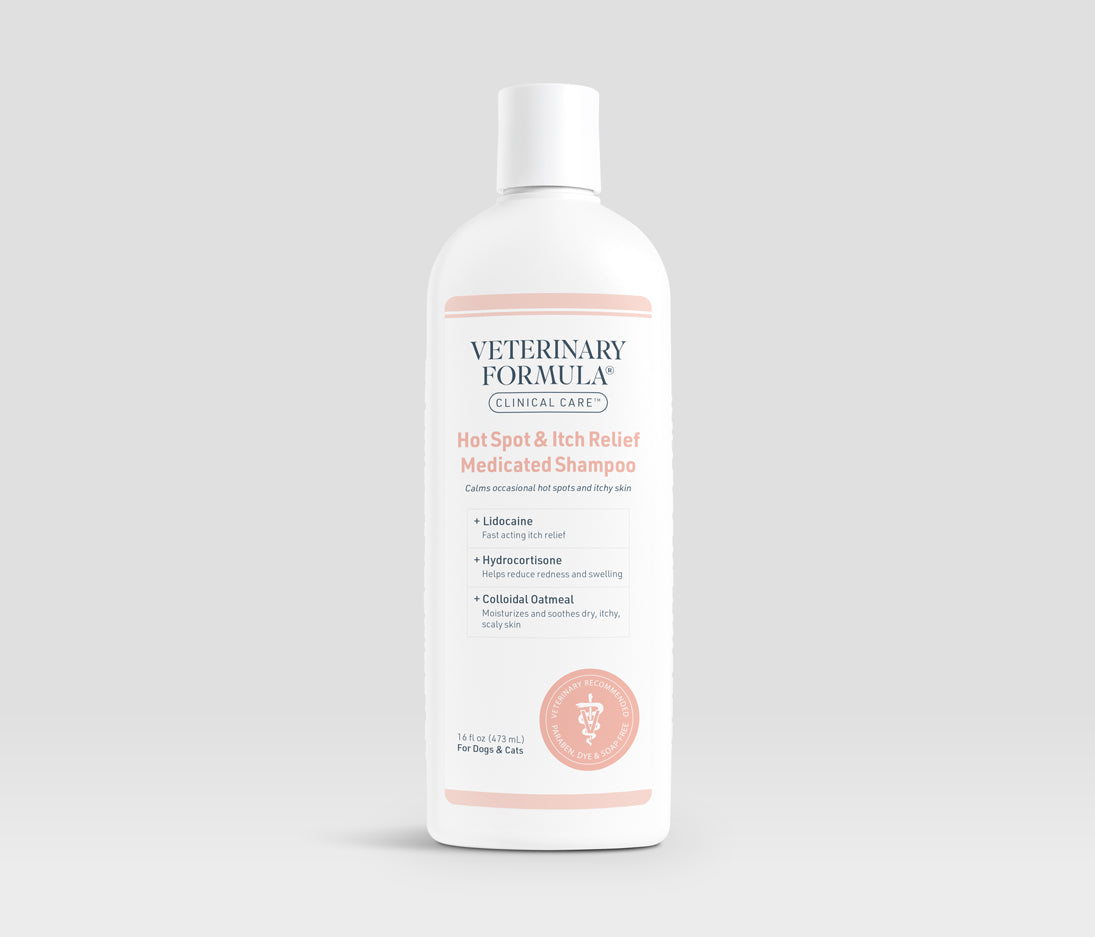
Want your dog to stay healthy and be with you for as close to fur-ever as possible? Start with your pup's gut.
(A dog's gut comprises the stomach, small intestine, colon and blend – aka microbiome – of good and bad bacteria that lives in these organs.)
As strange as it may seem. And, especially because when we think of the gut, we think only of digestion and waste removal. But, if we step back and look at the bigger picture of our dogs' overall health, their gut is as vital to their existence as their brain, heart, and lungs.
"The gut is the primary part of the body where there is an exchange and absorption of nutrients and water," says Dr. Dwight Alleyne, a veterinarian at JustAnswer.com. "If there is a disruption of the gut, then there will be a loss of nutrients, which are essential to maintain a healthy immune system."
But these nutrients aren't just necessary for a healthy immune system. They're needed for the brain, heart, lungs, and other organs to function.
Here's everything you need to know about your dog's gut health. Along with the relationship between gut health and disease.
Poor Dog Gut Health Can Lead to Malnourishment
You can feed your dog the best dog food on the market. One full of vitamins and nutrients. But if your dog's digestive system isn't working properly. Or doesn't have the right mix of canine gut flora, those nutrients will go to waste.
Remember the microbiome mentioned above? That blend of bacteria that lives in your dog's gut? Its primary responsibility is to break down the food your dog eats. In other words, digestion.
But it doesn't end there. As part of digestion, the microbiome harvests the nutrients in that food. At which point the body absorbs and then uses or distributes those nutrients as needed.
A Weak Gut Means a Weakened Immune System
Think, for a moment, of your dog's gut as a big fishing net.
One purpose of the net is to catch and harvest nutrients.
But another purpose of that net is to catch anything that might harm your dog. Food toxins, bad bacteria, fungi – all can be caught in the net of canine gut flora, then expelled or neutralized before they can harm your dog.

Unbalanced Canine Gut Flora and Digestive Disturbances
Both good and bad bacteria live in your dog's gut. When it's healthy and balanced, the good outnumber the bad.
But when the microbiome isn't optimally balanced you end up with more bad gut bacteria in your dog's digestive system. And that's when things like diarrhea or constipation, food sensitivities, inflammatory bowel disease, bloating, abdominal cramping, and ulcers occur.
It's not pleasant for you or your pooch.
Gut Health for Dogs: Probiotics, Prebiotics, and Fiber
When shopping for a digestive health supplement for your dog, you're likely to see the words "probiotic," "prebiotic," and "fiber" a lot.
But what are they? And how do they ensure your dog's gut health is as good as it can be?
Probiotics and Your Dog's Gut Health
Probiotics is another name for some of the beneficial bacteria that live in your dog's gut. It's these bacteria that enable your body to absorb nutrients efficiently.
Your dog creates its own probiotics but can also ingest probiotics from outside sources, like supplements.
Prebiotics and Your Dog's Gut Health
Simply put, you can't have healthy levels of probiotics without prebiotics.
"Prebiotics are non-digestible food ingredients that nourishes the important microorganisms in the gut," Dr. Alleyne explains.
In other words, whereas probiotics are the living bacteria that keep your dog's gut healthy, prebiotics are a type of fiber that supports the growth of said probiotics.
Without getting too scientific, it works like this:
Your dog ingests prebiotic fibers (either in food or a supplement) -> These fibers are fermented in the large intestine. -> The resulting goop is the main food source for the probiotics you want living in your dog's gut.
The more prebiotic your dog takes in, the stronger, more plentiful probiotics there will be.
Where Does Fiber Fit into the Mix?
Fiber is a vital ingredient in the digestive stew that exists in your dog's gut.
Most famously, fiber is known for increasing bulk and absorbing water during the elimination process. The result? Bowel regularity and less diarrhea.
But, perhaps more importantly, fiber, when digested, transforms into fatty acids that prevent the overgrowth of bad bacteria.
It may even reduce the chance of your dog getting colon cancer. This is because fiber is proven to speed up the elimination of waste that can't be digested. This includes carcinogens, which otherwise would linger in your dog's colon.
Gut Health and Your Dog
All dogs need a healthy gut in order to live long, happy, healthy lives. But some dogs may need help achieving the right balance of good and bad canine gut flora.
If your dog suffers from digestive issues, giving them a supplement like Veterinary Formula's Complete Probiotic can help. By adding beneficial probiotics to their diet, you'll be bringing their gut into balance and helping stave off potential illnesses. (If the problems persist, talk to your vet as some digestive issues can be signs of a more serious problem.)
Additionally, Dr. Alleyne points out studies have shown that larger breeds have a tendency for digestive issues. But added it is believed that probiotics and a diet with prebiotics can help larger breeds have a healthier GI tract.
